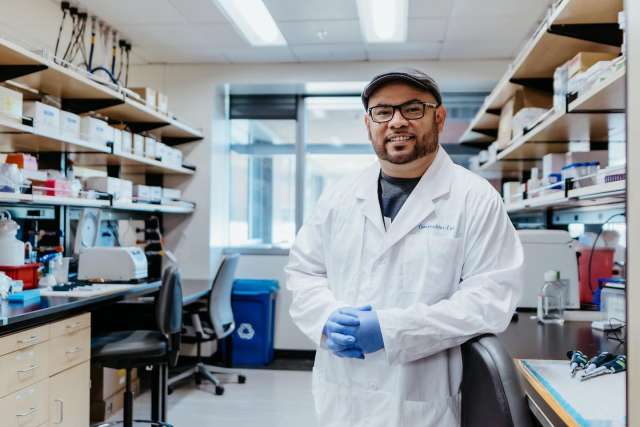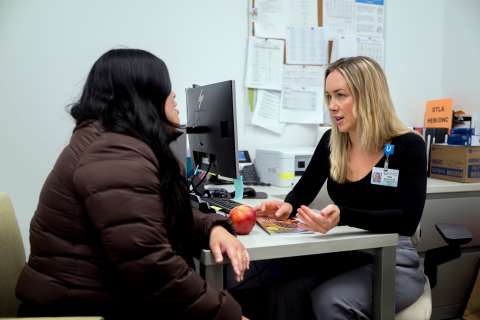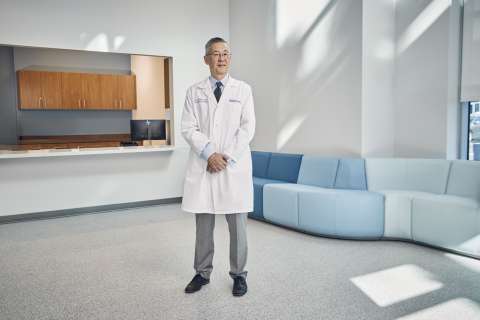Dr. Anthony Covarrubias, assistant professor of microbiology, immunology and molecular genetics at the David Geffen School of Medicine at UCLA, has been awarded $2 million from the National Institutes of Health to investigate the mechanisms of cellular senescence in macrophages to better understand how this process influences aging and contributes to conditions such as cancer, Alzheimer’s disease and chronic inflammation.
Cellular senescence is a process where cells stop dividing but don't die, leading to the accumulation of aging cells, often referred to as “zombie cells.” These cells can release harmful substances that damage nearby healthy cells. While senescent cells play a crucial role in natural processes like tissue repair and cancer prevention by halting the growth of damaged or stressed cells, their accumulation contributes to chronic inflammation and the development of other diseases. Macrophages, immune cells that are crucial for healing and infection defense, have also been identified as key contributors to this process, as they too can enter a senescent state and contribute to the inflammatory response.
“Understanding how and why macrophage enter senescence, and their impact on the body during aging and disease, can pave the way for developing new and more effective treatments for conditions linked to these cells,” said Covarrubias, who is an investigator at the UCLA Health Jonsson Comprehensive Cancer Center and the Eli and Edythe Broad Center of Regenerative Medicine and Stem Cell Research at UCLA.
The research team will use advanced tools, including gene-editing technology like CRISPR-Cas9 and advanced genetic models, to identify the genes and pathways that regulate macrophage senescence. The team will also study how these cells influence inflammation, metabolism, and tissue repair, as well as how genetic differences might affect their behavior.




